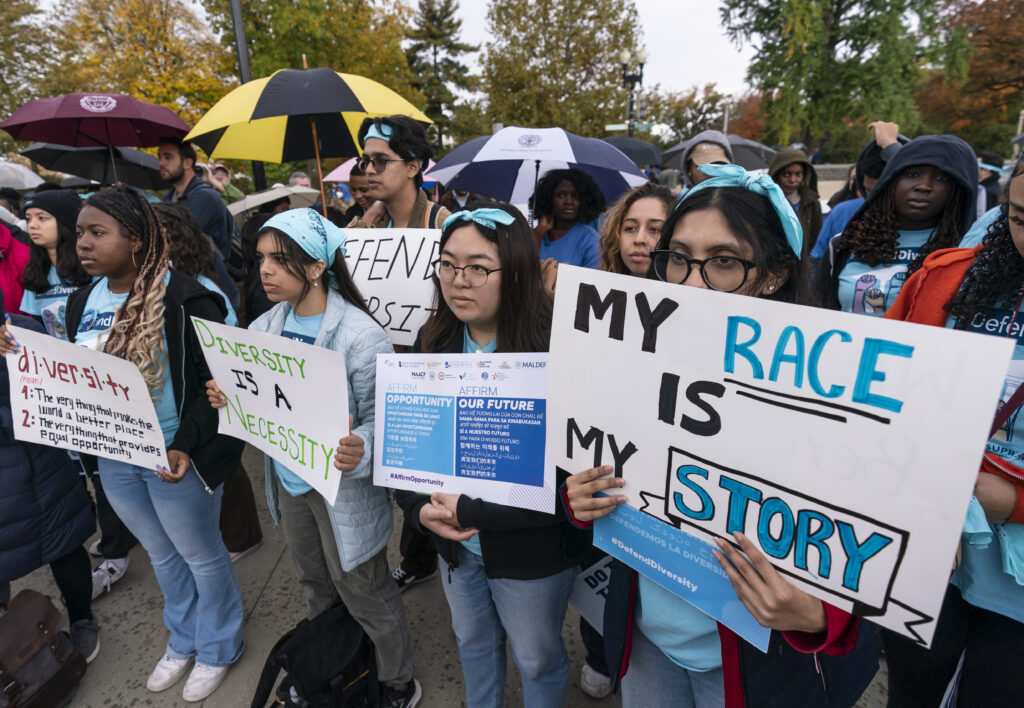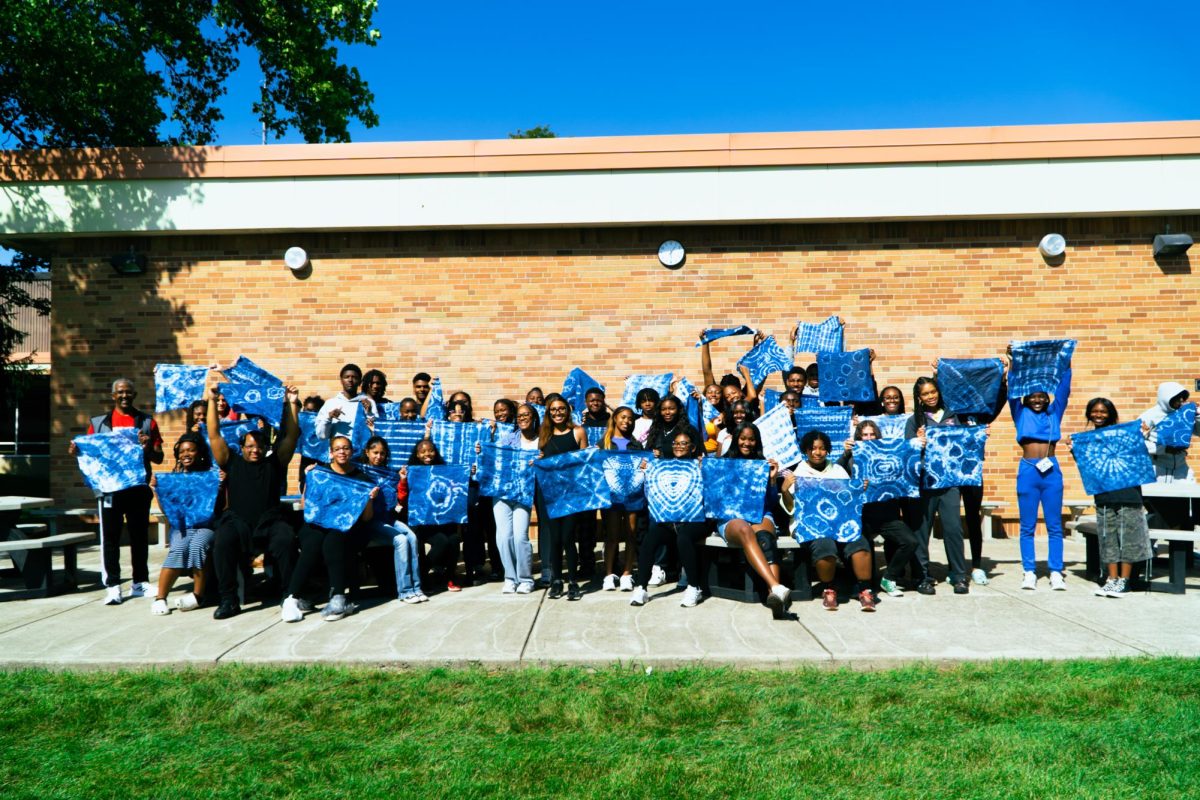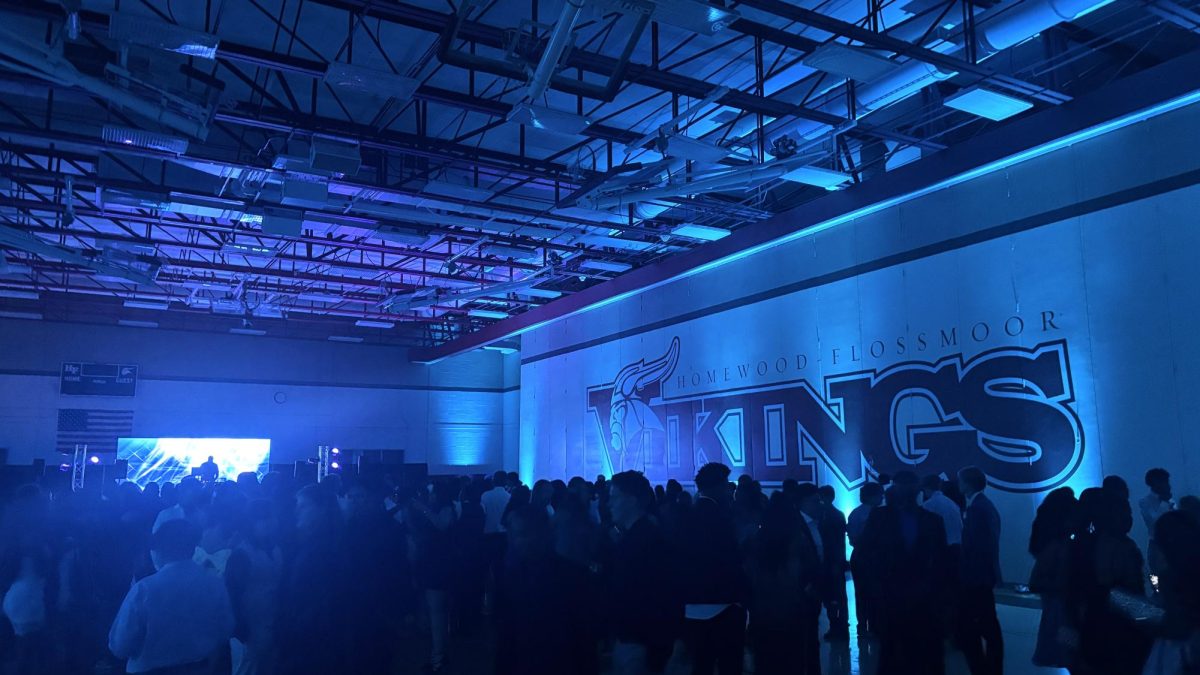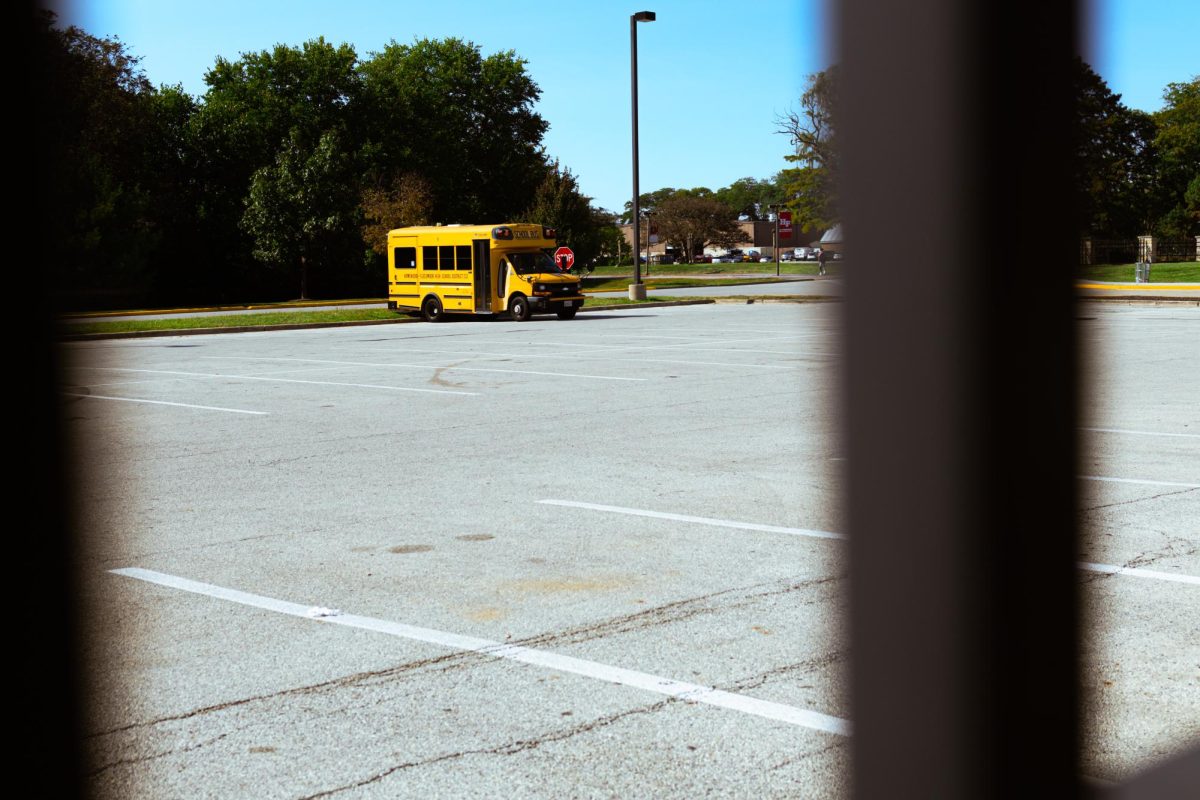On June 29, the Supreme Court voted 6-3 to overturn affirmative action; a decision that will affect many H-F students amid their college application process and transition to postsecondary education.
Within this context of higher education, according to Reuters, “affirmative action typically refers to admissions policies aimed at increasing the number of Black, Hispanic and other minority students on campus.”
This practice has long been a very controversial one. Those who favor the practice generally believe that it gives opportunity and equity to students of color who have long been systematically disadvantaged and excluded when it comes to college admissions.
Those opposed to it largely agree with Chief Justice of the United States John Roberts, who explained on behalf of the Court majority that a student “must be treated based on his or her experiences as an individual — not on the basis of race.”
The full impact of this overturning of affirmative action is still not certain. On an administrative level, Principal Clinton Alexander is mindful of what power H-F, as an individual high school, holds in this situation.
“As far as the policies of those private institutions to let our kids in, that’s something that is beyond our control,” said Alexander. “But what’s within our control is the equity that we provide here and preparation that we provide for each and every student here.”
As for how colleges will react, college counselor Brad Kain is not convinced that colleges will entirely ignore racial identity as a factor in admissions. “I don’t know how, but I don’t think that they will be [truly colorblind],” Kain said.
He continued, “I really believe at the heart of things, things on college campuses need to be diverse, and they need to be more diverse than what they even are now, and I think that many universities would agree to that. So, in order to create those classes that would look more diverse, they can’t be completely blind.”
If some schools continue using affirmative action-esque practices even after it has been overturned, it may prove to be very difficult for larger schools.
Kain explained that, while smaller and mid-sized colleges and universities have the luxury of time when it comes to reviewing applications, larger schools do not have that. They have to go through applications much quicker and therefore would find it to be much more difficult to pick up on the ethnicity or racial identity of a person if it is not explicitly stated.
Now, while Kain does provide some predictions for a post-affirmative action application cycle, the air around the topic is still filled with uncertainty, as even college admissions offices are scrambling to find solutions. The issue as a whole is undoubtedly a complicated one and, as Kain put it, “it’s really muddy water.”









